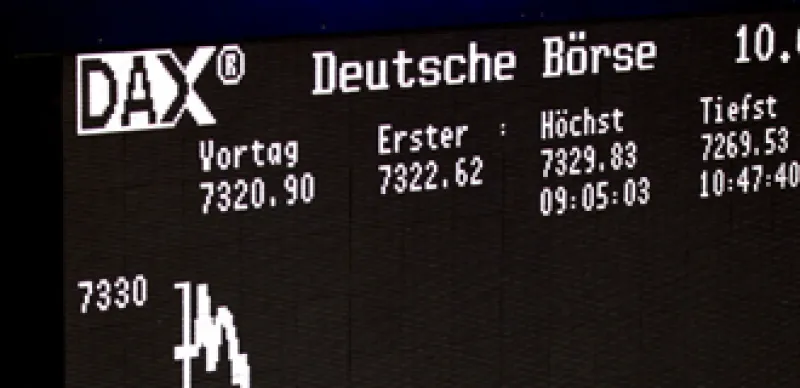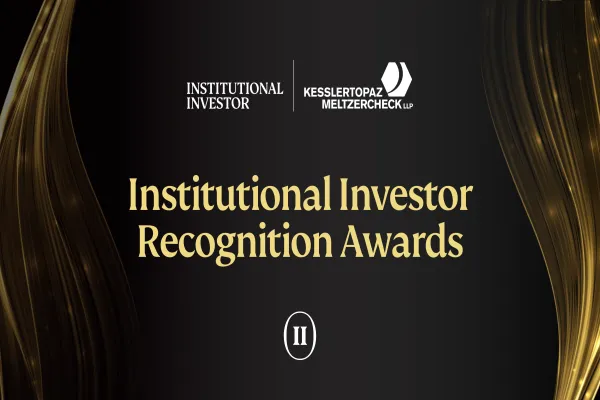With two major marriages planned, the NYSE Euronext to the Deutsche Boerse and the LSE and TMX pairing, it prompts the question: is merging exchanges good for institutional investors? We know the motives behind the exchanges' moves. The impetus for exchanges is invariably to achieve greater share volumes, which promotes liquidity and improves price discovery, and/or to gain the dowry - in this example the latest technology. But do the desires of exchanges match the needs of institutional investors? Or are these to be star-crossed unions?
Exchange members can be inspired to amass market share due to the role volume plays in high frequency trading (HFT), because HFT generates revenue where commissions and fees can no longer satisfy. But, warns Liquidnet founder Seth Merrin, "If we have another flash crash we're doomed." Clearly, fund managers and anyone investing for someone else cannot afford the market distrust triggered by such events. What are the burning desires for institutional investors? Compliance, compliance reporting and real time risk assessment. Add to these investors' needs to find non-equity securities to balance their portfolios, and you find some common ground in the exchanges' need to expand into other asset categories, including derivatives, to acquire easy clearing mechanisms and to achieve the holy grail, straight through processing.
The merger offerings in question promise these very improvements. "The current merger discussions look more like a profit improvement push through lowered costs, both for the NYSE Euronext and Deutsche Boerse, as well as their market participants and clearing firms," says Allan Grody, founder of Financial InterGroup, a NY-based M&A advisory firm. "Clearstream, an after-trade processing arm owned by the parent exchange, Deutsche Boerse, will provide NYSE Euronext the opportunity to integrate its trading platforms into a straight-through-processing stream. The revenues would be part of the combined entity, as opposed to flowing out to external companies, like the [Depository Trust & Clearing Corp.] DTCC here." Grody estimates half a billion dollars could be saved, "not unlike the half a billion that was to be saved in the earlier NYSE and Euronext merger, when SIAC, the then-operating arm of the NYSE, was merged into Euronext’s own equivalent – ATOS Euronext."
Merrin, who just announced an agreement with the SIX Swiss Exchange, the principal subsidiary of Zurich-based SIX Group, which he expects will "solve the liquidity problem for institutions." However, efficient marketplaces aren't necessarily accomplished by these mergers, says Merrin. He believes Liquidnet succeeds at this because it combines liquid pools of orders, making trading more efficient, "versus others who supply volume to the wholesale side" of the business without considering buyside needs.
The practical questions remain: will Clearstream fit the bill as the clearing entity the NYSE has been looking to build? Does it clear enough kinds of derivatives to meet the NYSE's needs? It's difficult to create cost synergies in distant markets. Redundant administrations will have to be trimmed, and separate compliance and regulatory issues will have to be addressed. Will they combine multiple trading platforms into one, employ the two new platforms from DirectEdge, an exchange indirectly owned by Eurex, or build a bigger platform capable of diversifying their revenue streams?
Even if all these questions can be resolved, there is the sentiment issue. While corporate America seems comfortable with globalization, there may be hold outs. "From our perspective the NYSE is a source of national pride," says Merrin. "Will our state senators let a pillar of New York be a pillar of Germany, to be 60% owned by German shareholders?" Stranger things have happened. This could prove to be the 21st century equivalent of the Brooklyn Dodgers’ move to California.





